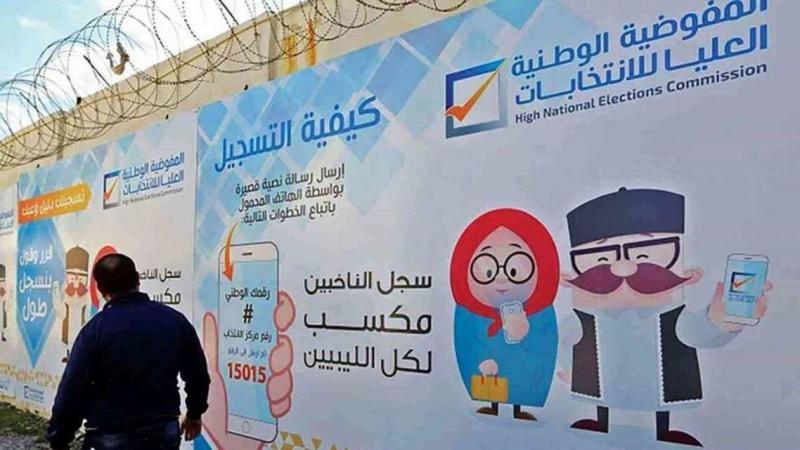The presidential candidate in Libya, Abdel Hakim Baïou, stated that there are genuine efforts aimed at aborting the presidential electoral process in the country under newly coined titles (removal), which may lead to a sustainable postponement.
With just a week to the scheduled election date, uncertainty has engulfed Libya regarding whether the elections will take place on December 24. Thus, Libyans are presented with two options: either postponement or cancellation, both of which could result in the resurgence of fighting and violence in the country, posing a setback and threat to the ongoing peace process.
Baïou explained in statements to "Al Arabiya.net" that "the challenges and obstacles facing the electoral process are the result of internal and external powers working to prevent the Libyan people from exercising their right to choose their legitimate authorities to manage the country's affairs." He highlighted that the fragility of the security situation and political rift could create a hybrid status that undermines the will of the Libyan people and deprives them of their right to organize free and transparent elections.
Baïou, the first presidential candidate, reaffirmed his commitment to December 24 as the launch date for the first round of the presidential electoral process, strongly rejecting any agenda that contradicts the roadmap which could lead to failure and chaos or the establishment of a temporary government that later becomes a permanent one.
He urged all Libyans to unite and confront any attempts that might infringe upon their right to self-determination, emphasizing the necessity to rally around and defend the elections.
However, the urgent desire of several candidates and most Libyans to proceed with the elections on time faces numerous obstacles that have accompanied the electoral process since the opening of nominations until the end of the appeals stage, all indicating the difficulty of organizing this electoral entitlement and the lack of guarantees for recognition and acceptance of its results, prior to resolving legal disputes and achieving consensus among the active internal parties.




